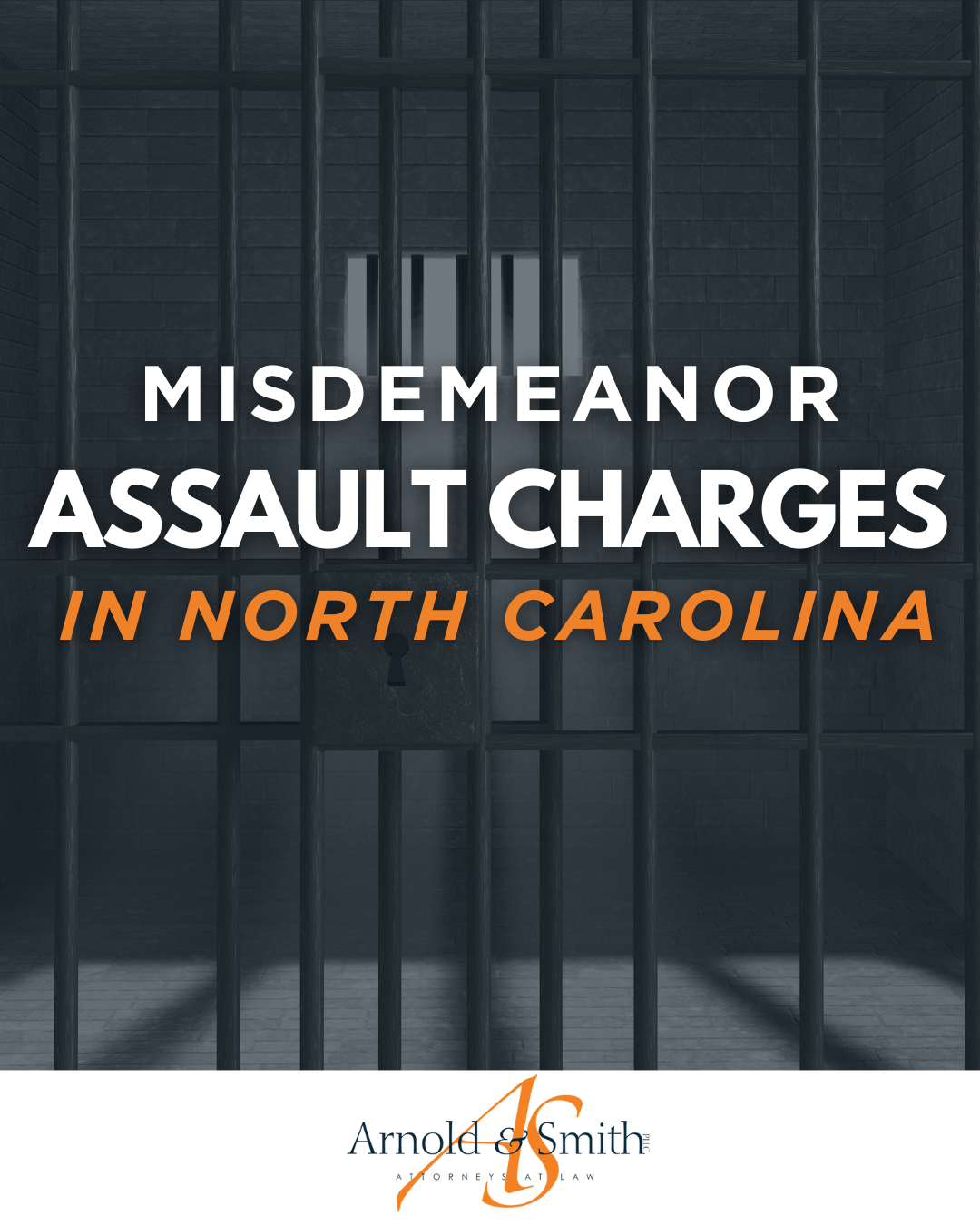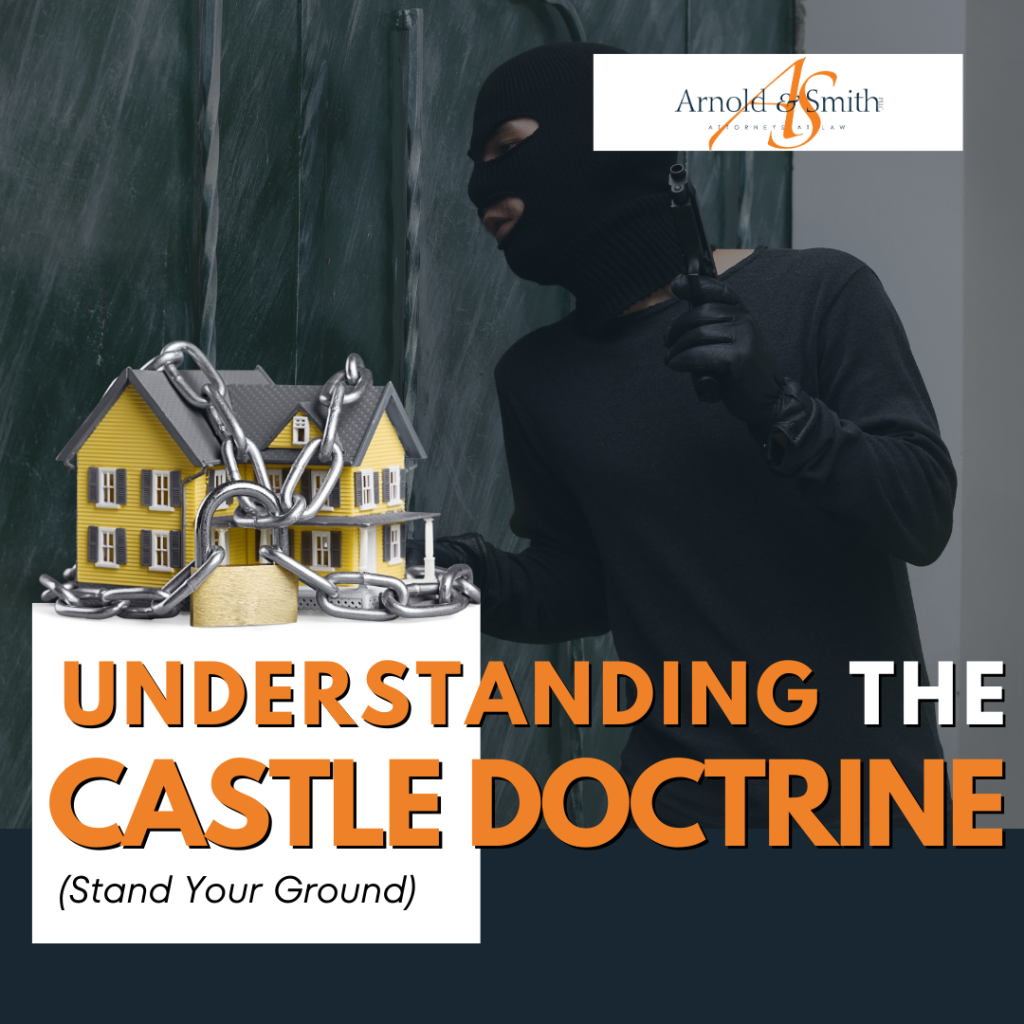 Misdemeanor Assault Charges in North Carolina
Misdemeanor Assault Charges in North Carolina
Assault charges are serious and can result in severe consequences if you are convicted. Even misdemeanor assault is a crime that you need to vigorously fight. If found guilty, you could face penalties that include fines, community service, probation, and time behind bars, among others. You will need to consider your future and how a potential conviction could impact your life and the lives of your loved ones. A knowledgeable criminal defense attorney will help you resolve the charges and protect your rights.
https://youtu.be/noVeEjAmROs
 Charlotte Criminal Lawyer Blog
Charlotte Criminal Lawyer Blog




